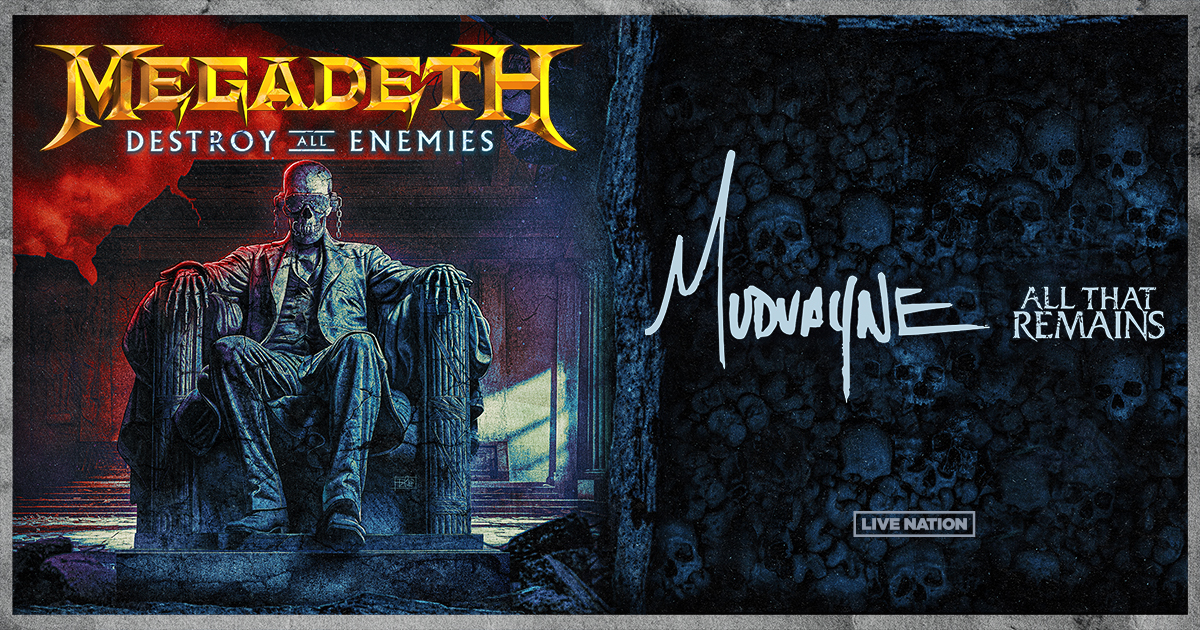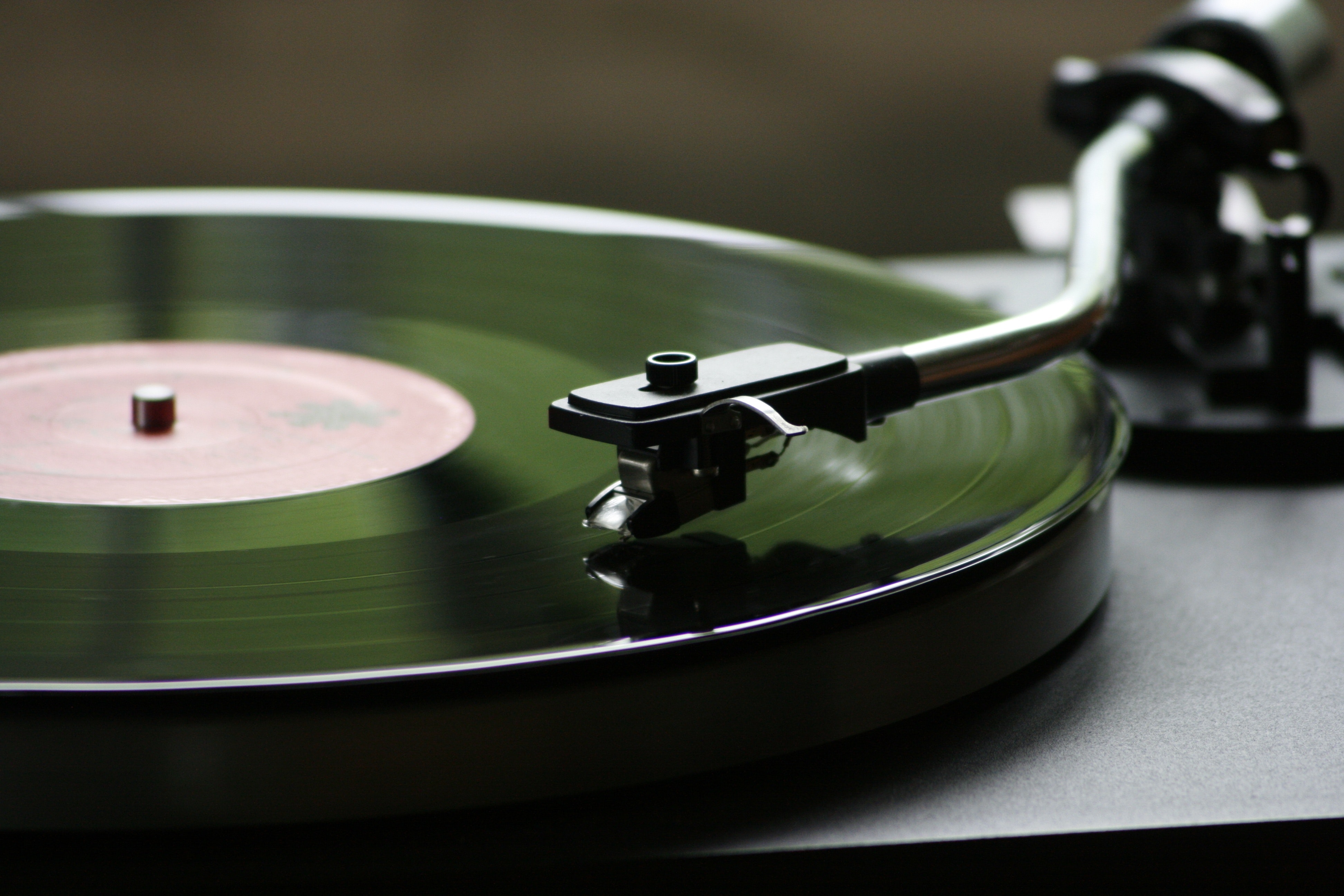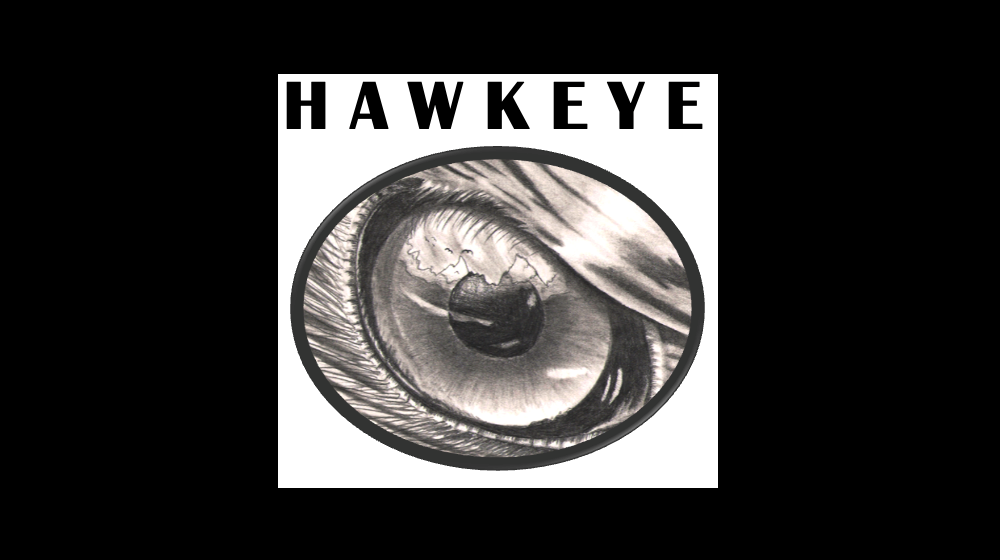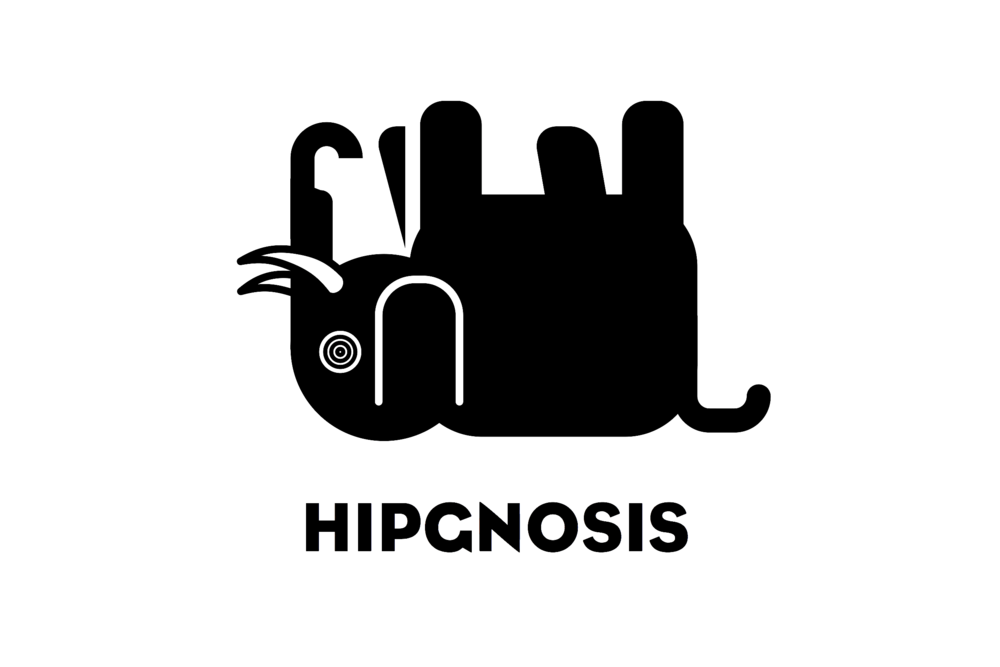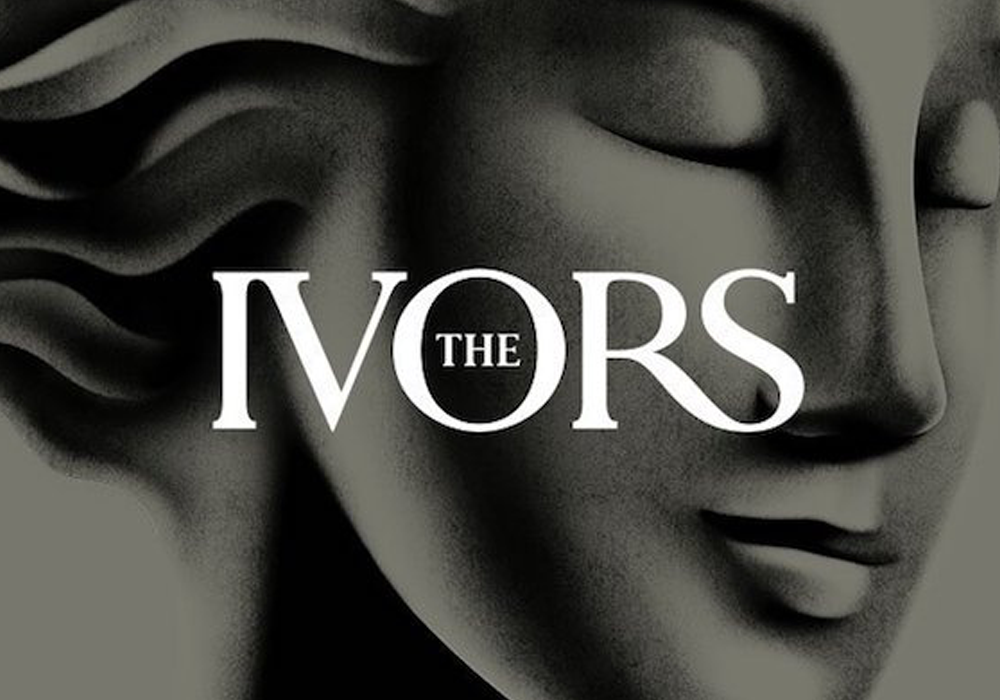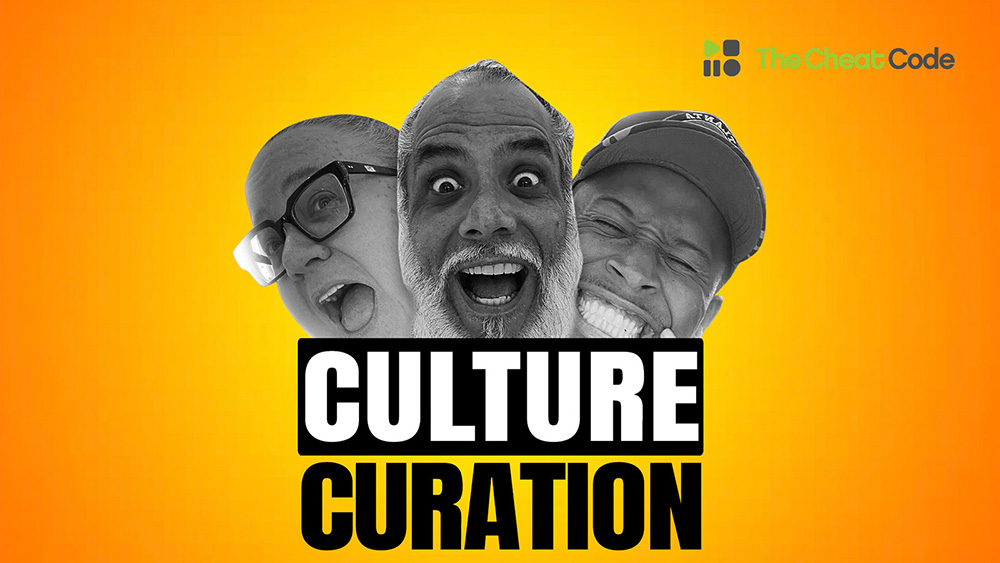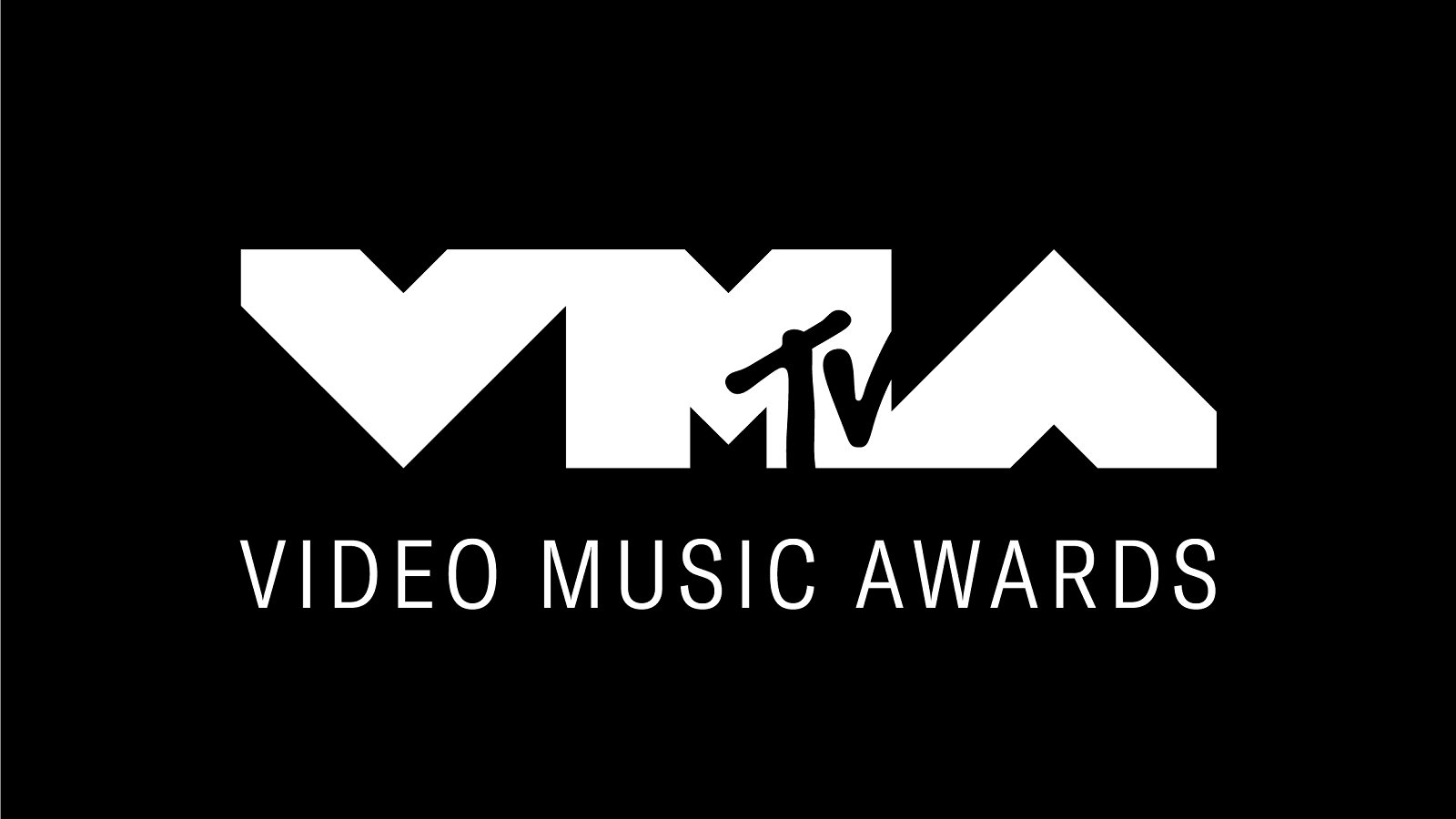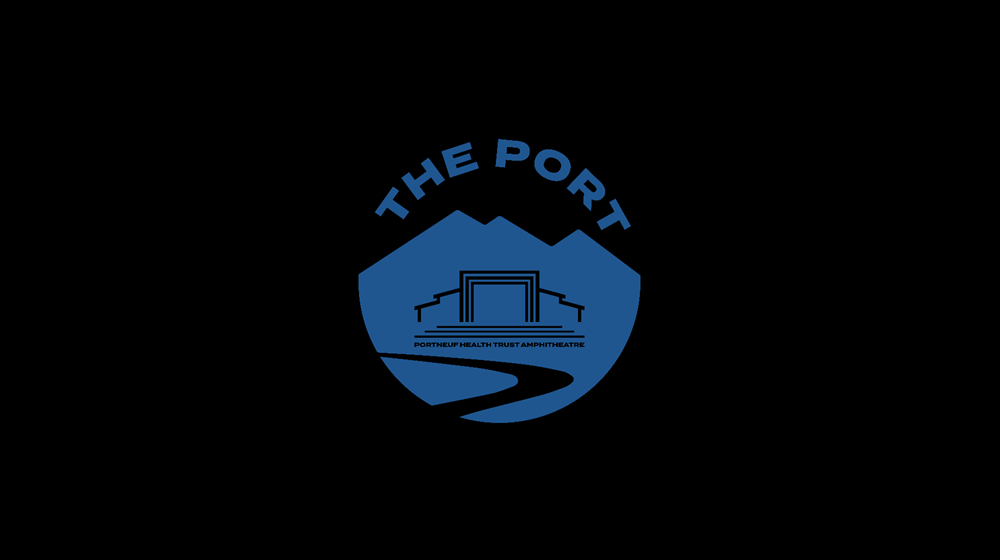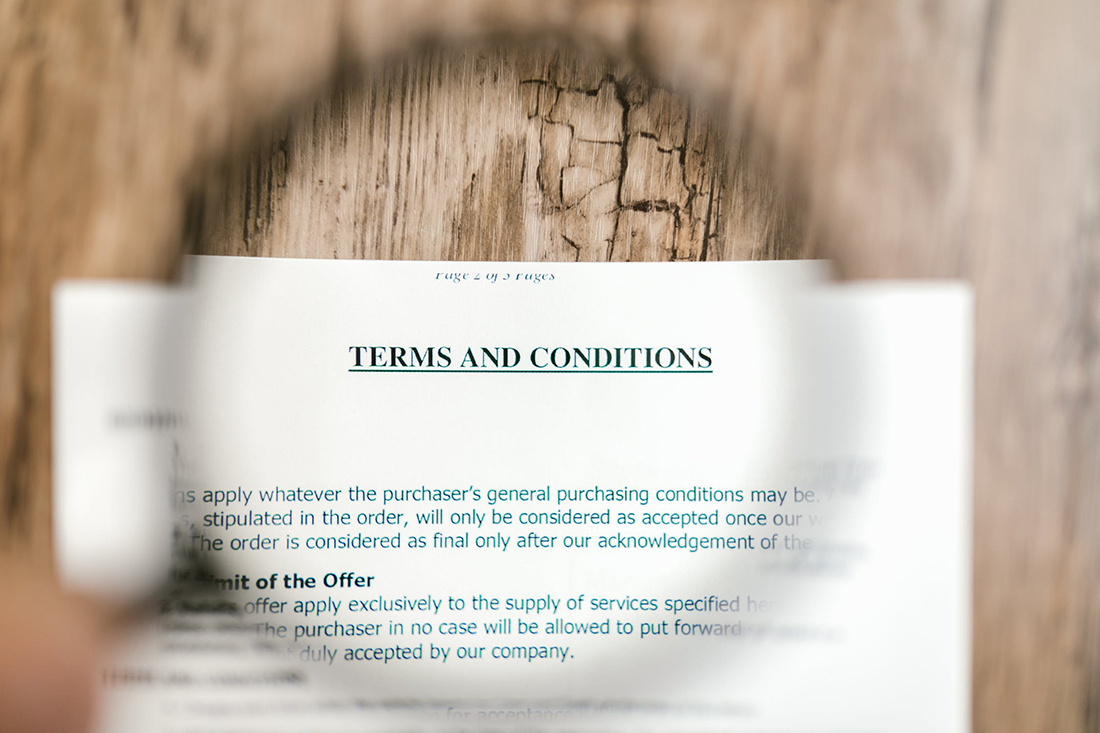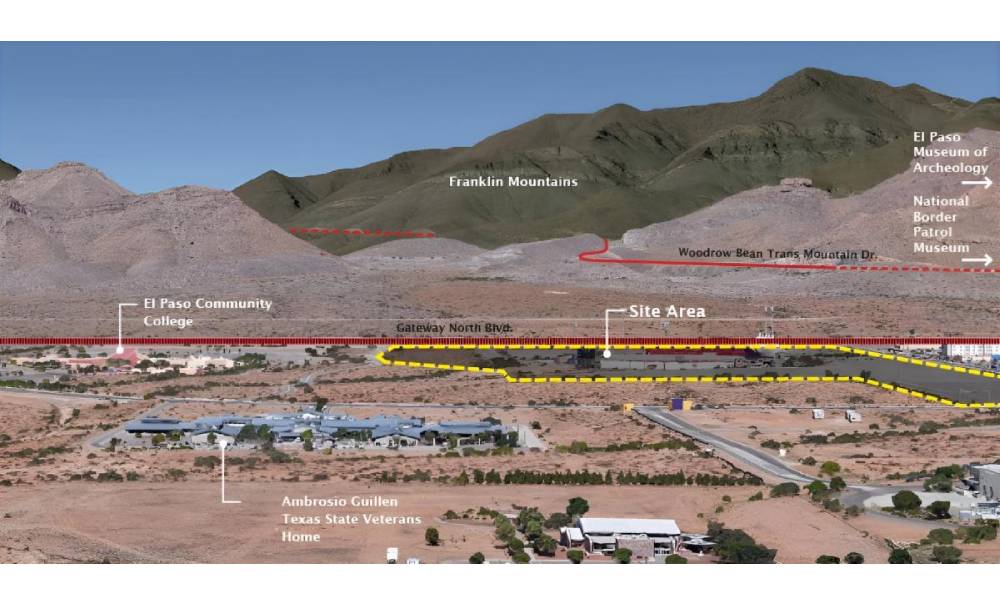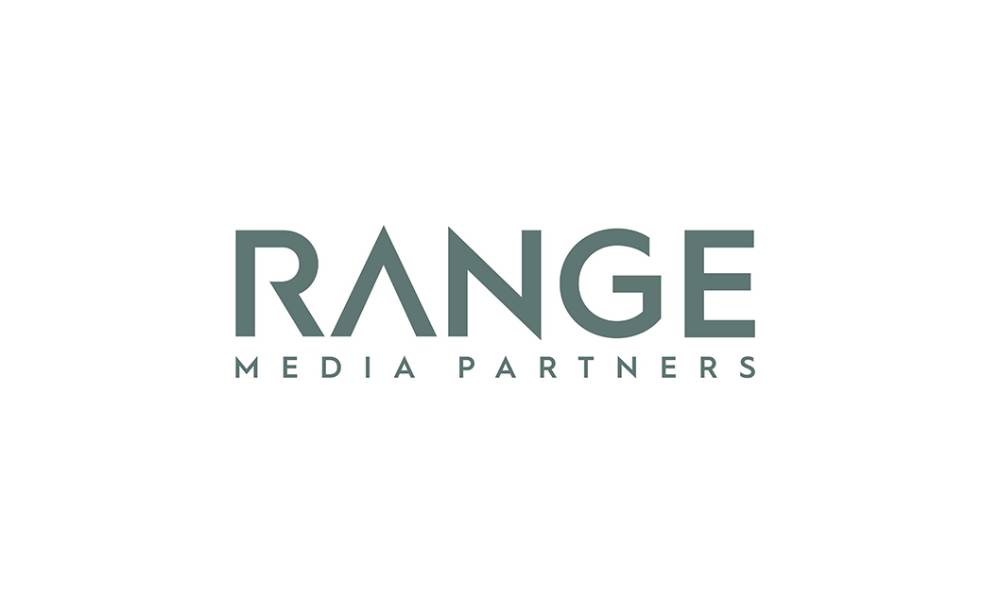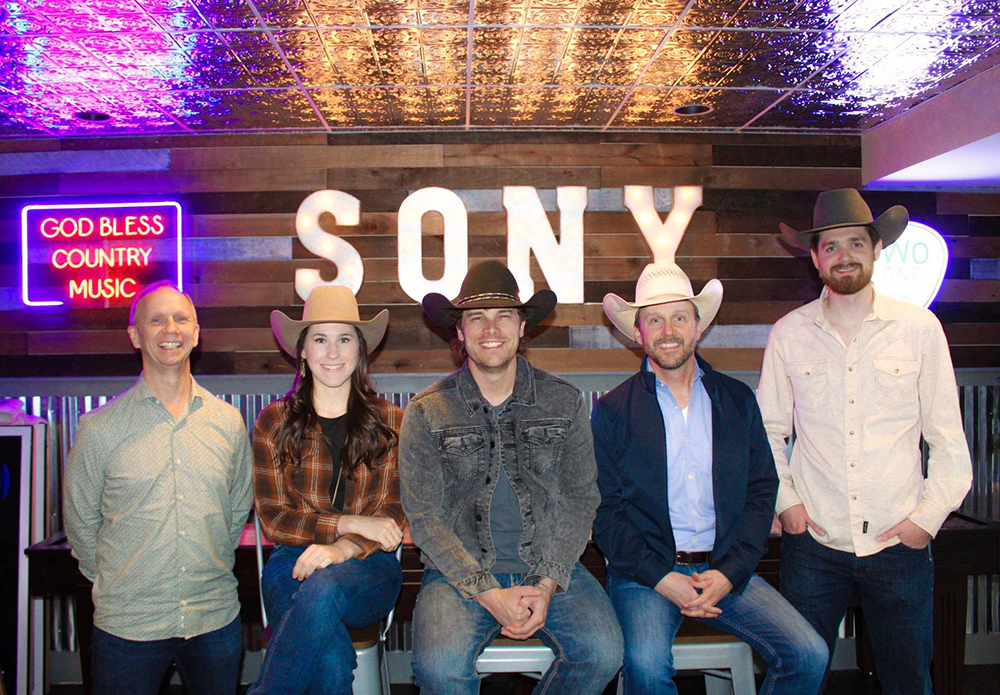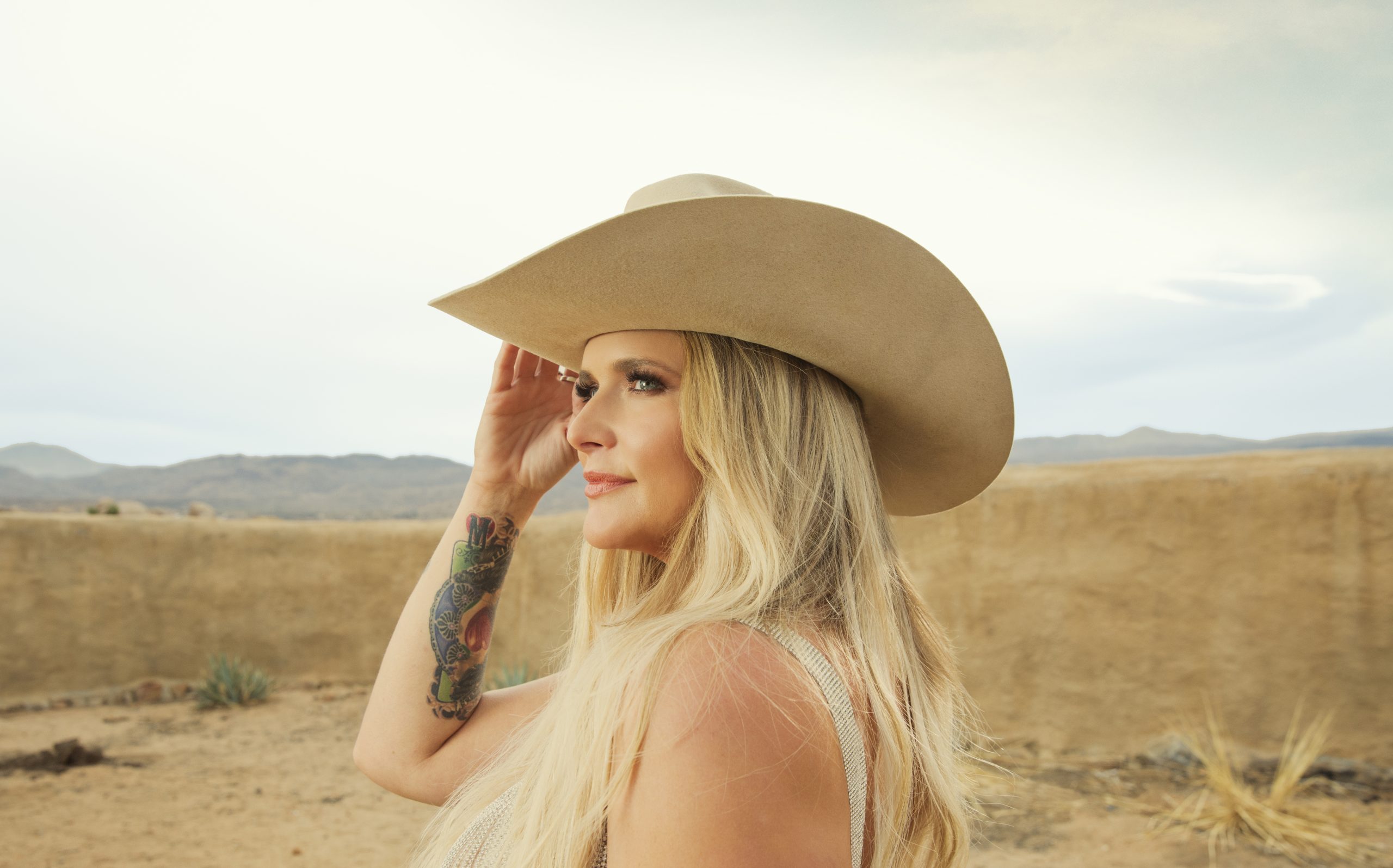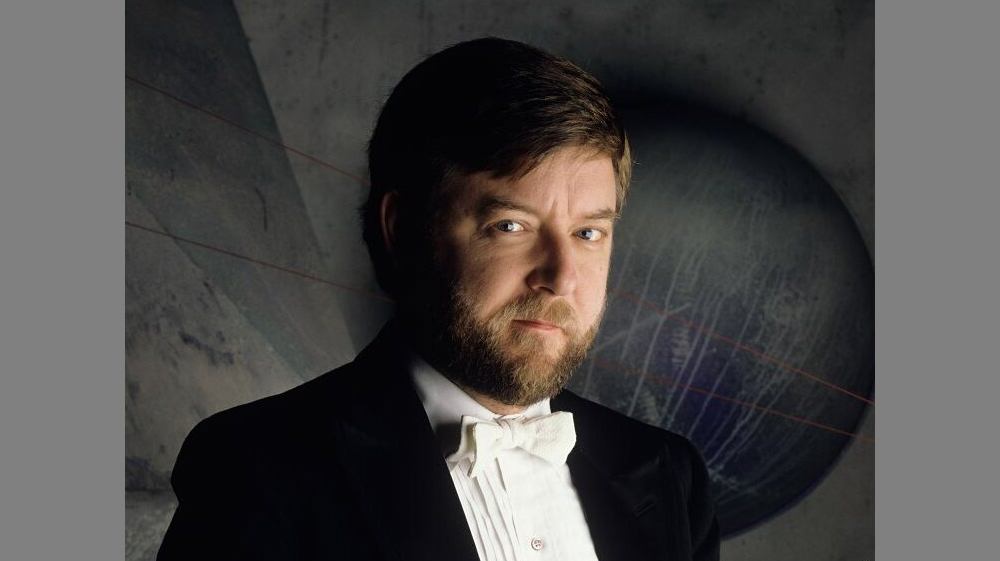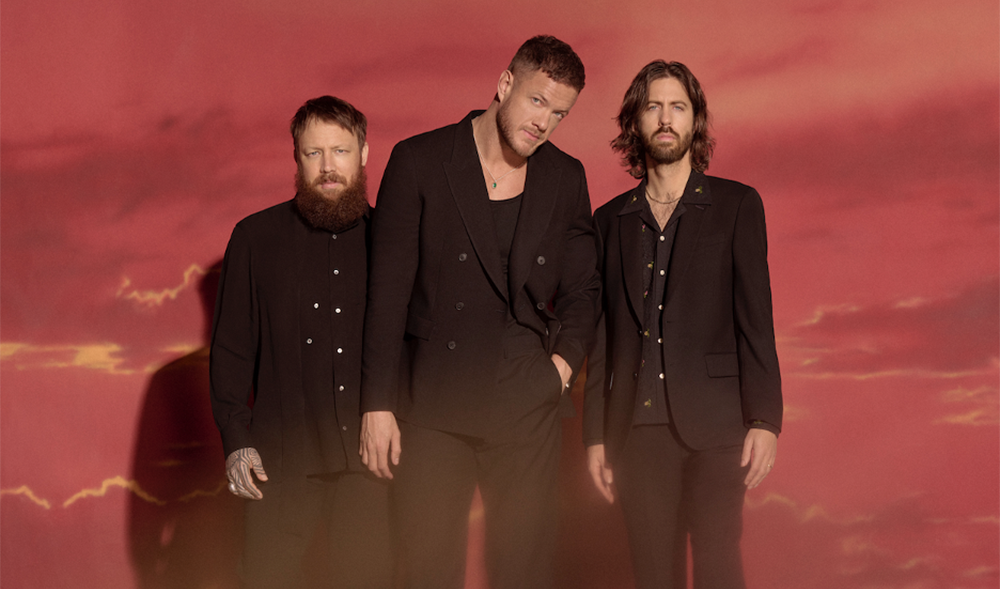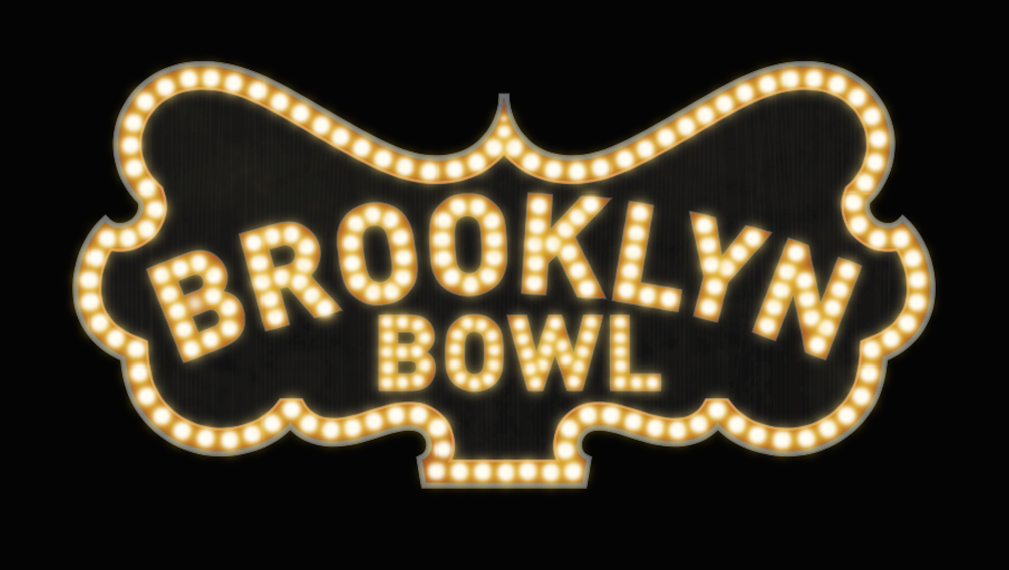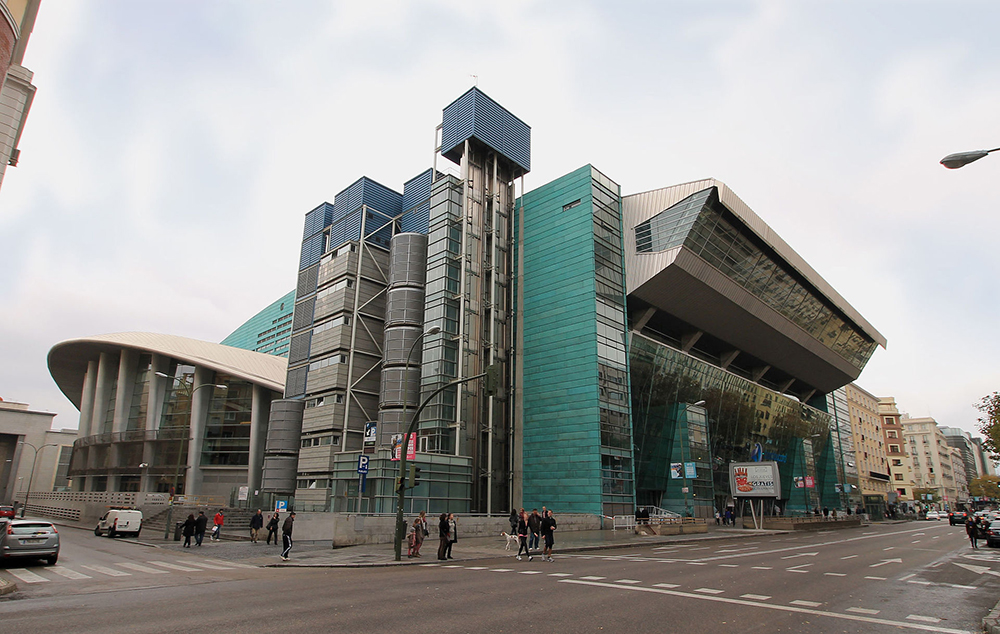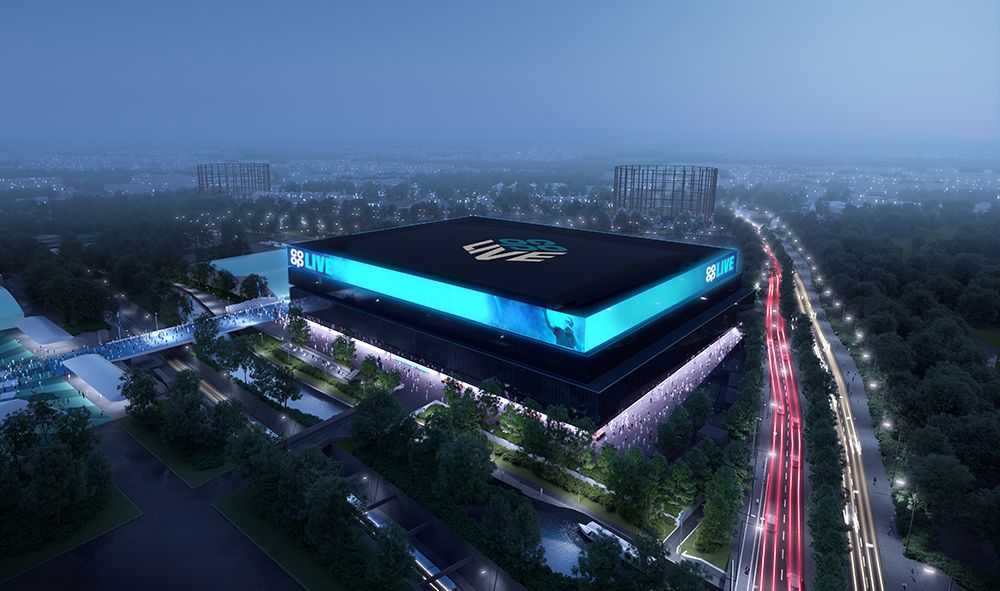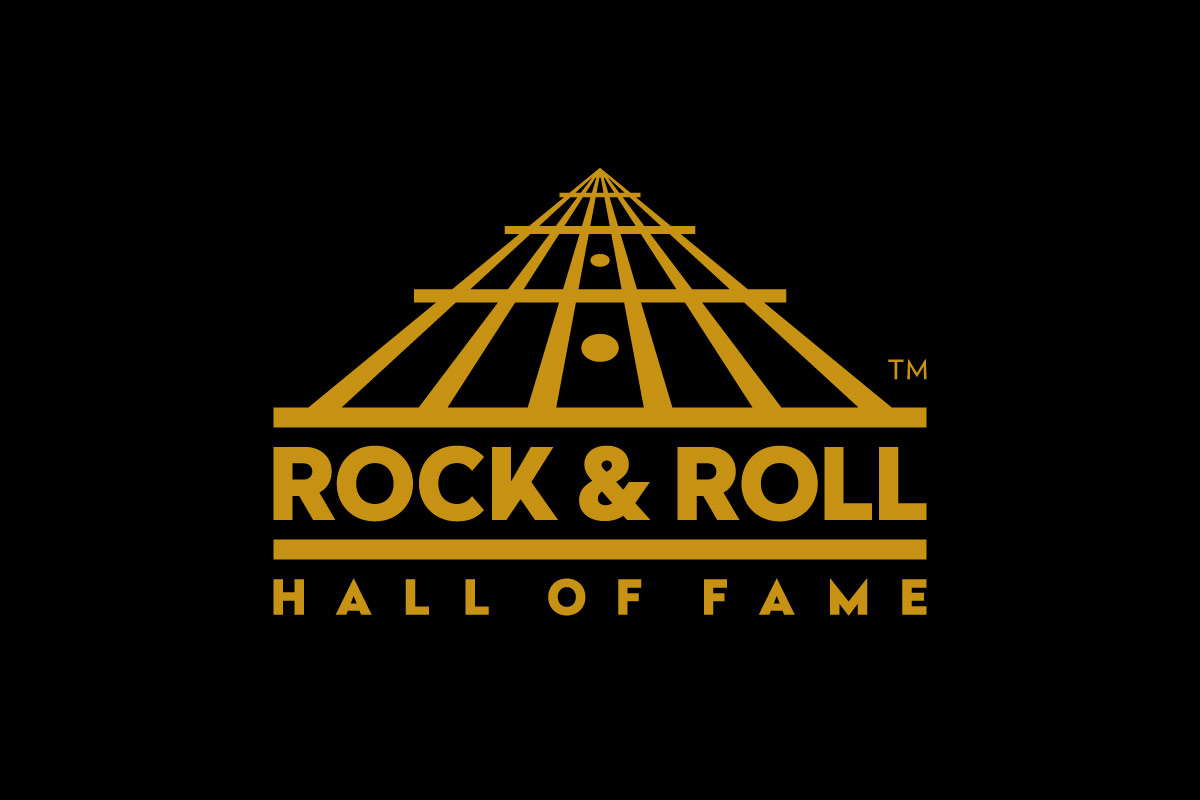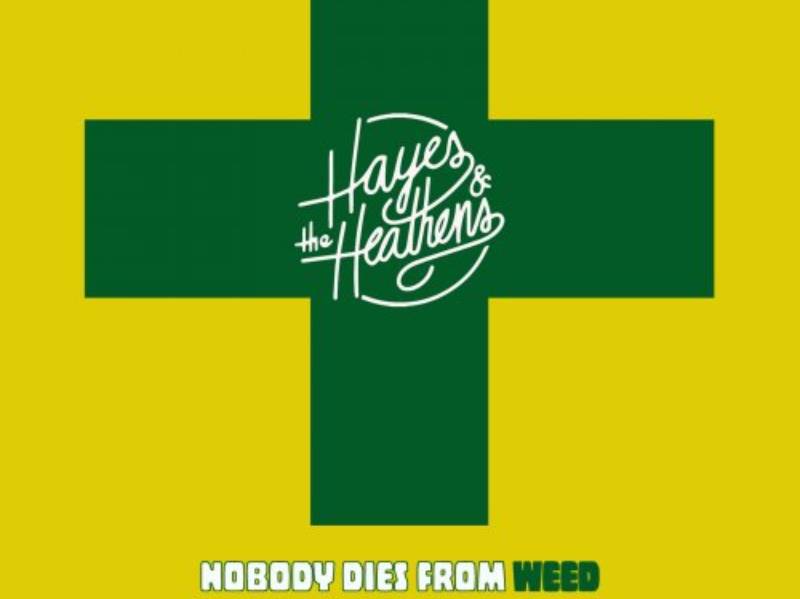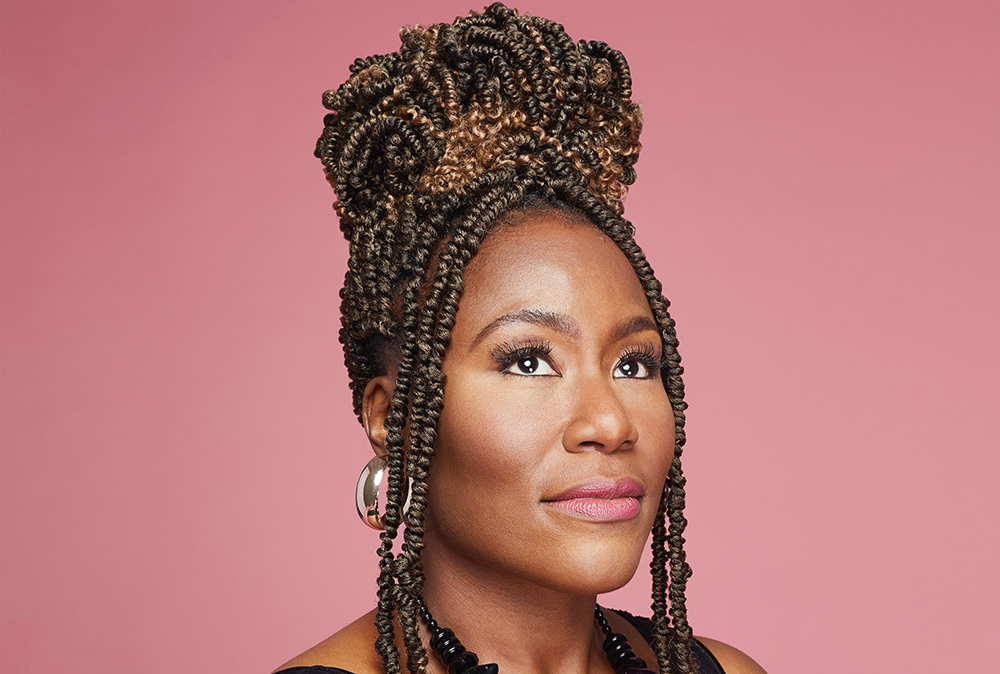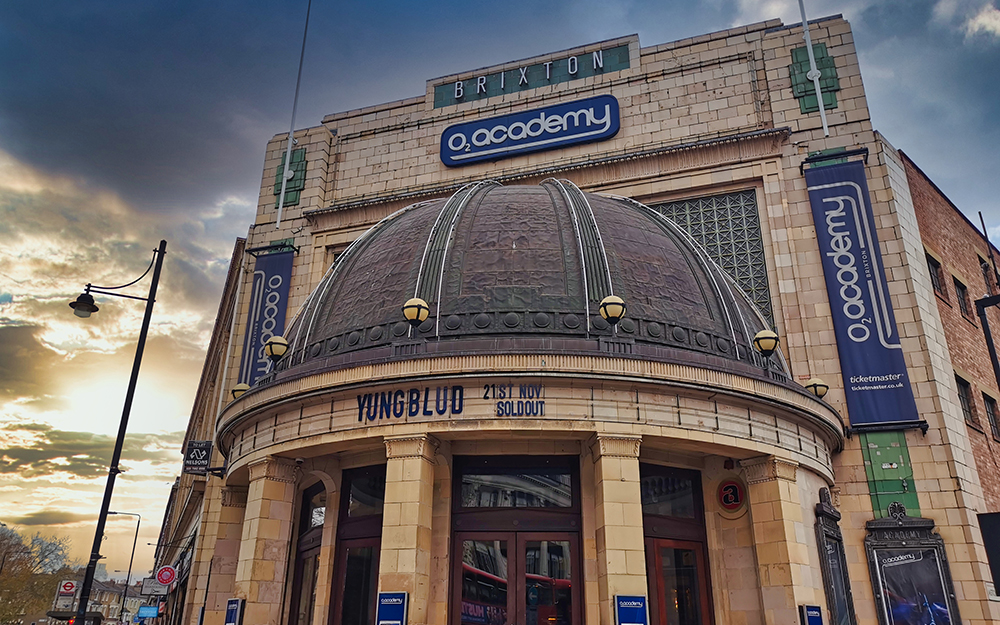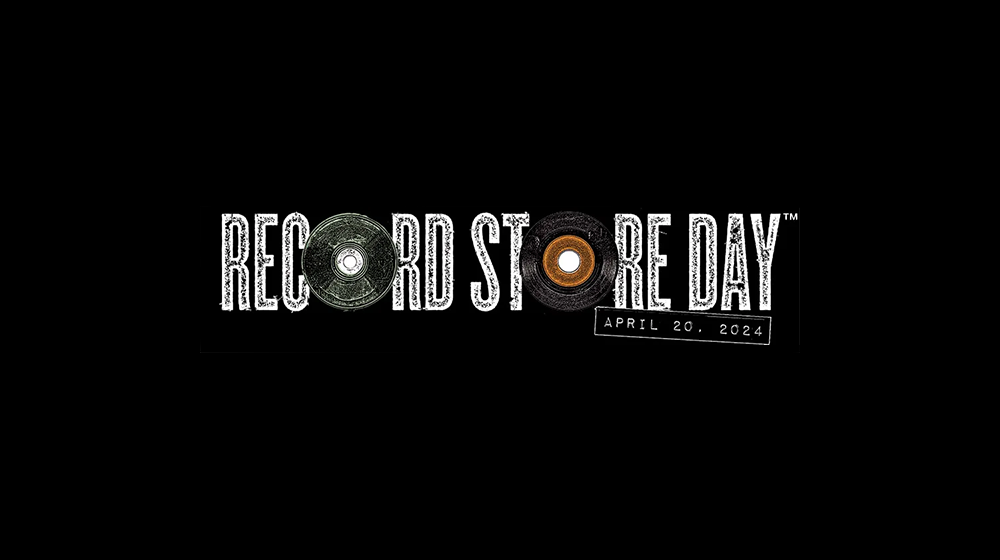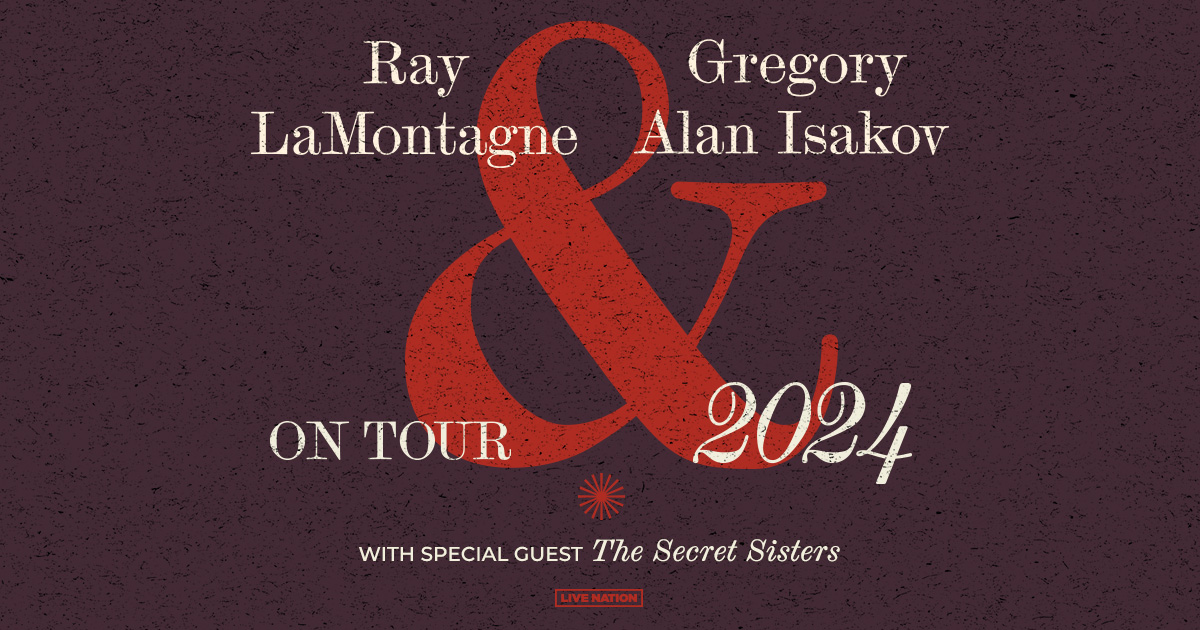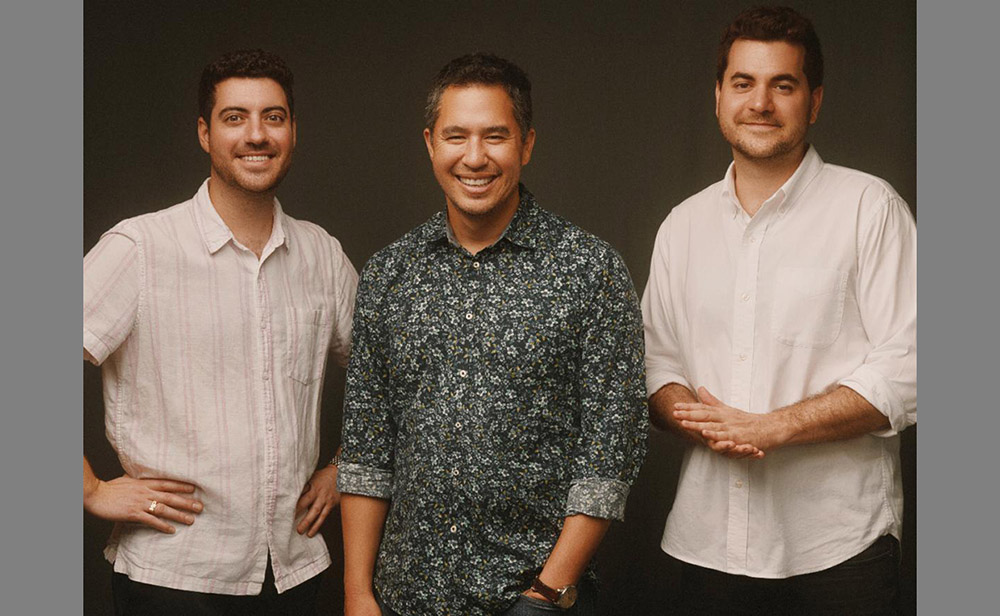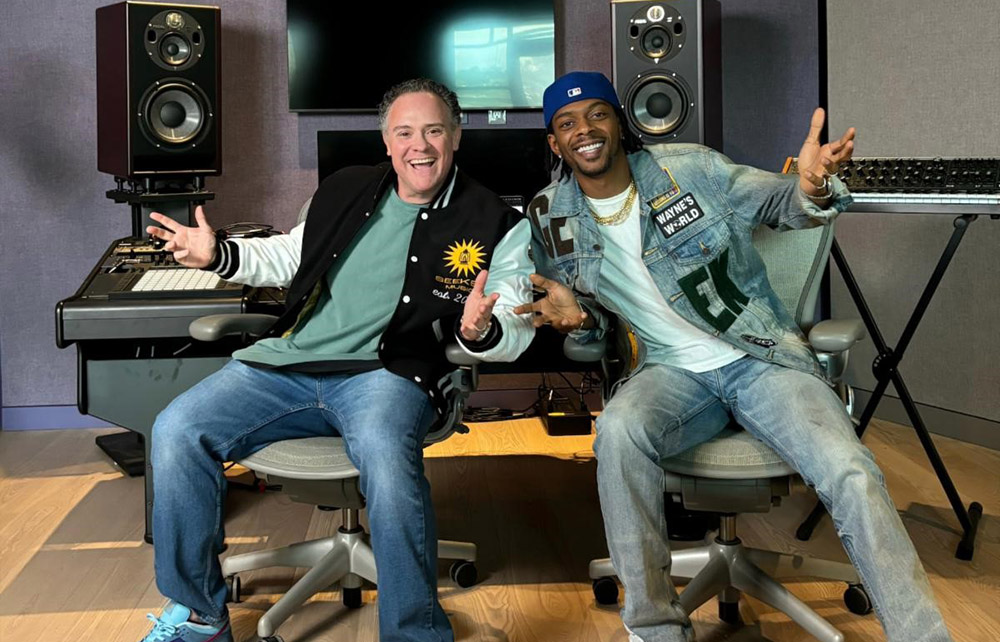
It's an e-commerce play.
Concert promotion is a 4% business. Do you really think a new competitor is gonna come out of nowhere to give an act all its money? Hell, it's 4% if you win, what if you lose? Which is why we've got ticket fees and all sorts of ancillaries. And Live Nation is a public company, striving to survive, so it had no choice but to build its own ticketing platform, that's where all the profit is, in ticketing.
When Live Nation broke away from Ticketmaster, when it started selling ducats on livenation.com, it lost 25% of its business.
Slow down. Let's restate that. All you Outbox lovers. When the shows suddenly didn't appear on ticketmaster.com, Live Nation lost 25% of its revenue. If you think that a white label service is a solution to the industry's problems you probably believe albums are gonna make a comeback. You're delusional. Fred Rosen is all about the buildings, but now it's all about the fans. It's kind of like the record labels believing that their customer was radio and retail. How well did that work out for them?
Live Nation is fan-centric.
Laugh all you want. Those Ticketmaster fees? Live Nation HATES them. Which is why it's breaking them out when you initiate a search. It wants to get rid of them completely. Just have a final price. You can break the fees down behind the scenes, unviewable by customers, so acts still won't commission them, so why do you have to expose the customer to the industry's dirty laundry?
If you put the fees up front, conversion rate is higher.
As it is with seat maps.
Both of which are Ticketmaster innovations.
It's all about honesty and trust. Which the touring industry NEVER believed in.
But those days are changing.
Come on. You expect a revolution when the promoter gives the act ALL OF THE MONEY? The only way to get out of this hole is if you find new money. That's Live Nation's mission. It's going to get there via data.
And it costs to get data. A fortune.
Live Nation is the number three e-commerce site already. Behind Amazon and e-Bay. It's about the shopping cart. Can Ticketmaster's site be revolutionized so the buying experience is better and the customer can be sold everything from t-shirts to parking? They're selling some of that stuff already. But it's deep down in the chain, when you actually decide to buy tickets. But it's there. It's going to come up to the surface.
I just spend the afternoon at the building. With Rapino and Azoff and Nathan Hubbard. My head is still spinning. Boy can Michael talk. Classic Canadian.
But I learned plenty.
Michael wants to show acts how they can make more money with Live Nation. Live Nation has gone into partnership with a data company, which reports just how much demand there is. The company monitors multiple data streams, from tweets to Google searches, and evaluates these to conclude exactly what the demand is. How many tickets at what price.
Bottom line?
There are going to be twelve price points. Based on data.
No more Mafioso-style give me five hundred thousand bucks because I'm a star and I deserve it. Now it's about showing how much money is in the market. That tickets need to be cheaper in Cleveland than NYC.
And in the future, prices will move.
But not this summer.
Now it's about multiple price points.
If you want to sit up front, maybe it's a thousand bucks. Maybe only in every other row.
But if you want to sit in the way back, it's only $32.50. Demand was through the roof for these cheap seats at the Eagles shows.
The labels are toast. It's just a matter of when.
Who's going to build new acts?
I didn't get a ton of answers, just a belief that not only is distribution free, but so is recording. That you can get your stuff out there. And sponsorships and social networking can spread the word and if you break through, you can play ALL OVER THE WORLD!
Kings Of Leon plays for seven figures in Brazil. BRAZIL!
Sometimes Vienna is a bigger market for an American act than a North American city.
Once you've made it, there's tons of revenue to book. Sponsors are clamoring for partnerships with Live Nation acts. They want to be in business with musicians.
In other words, this is not your father's music business.
First and foremost you must be fan-centric. All those companies screwing the customer, hiding behind the facade of intermediaries? Those days are history. Truth outs on the Web. People can see your shenanigans.
Live Nation is a service company. You go to them and they maximize your revenue. Based on their investment, they've got tools nobody else does.
So where does this leave us?
In an era where musical acts have five year careers. That Live Nation sells the hell out of.
Oh, we can focus on this year's touring season. Rapino is saying no to so many national tours. They'll buy some local dates, but not the whole shebang.
There are 600 good shows at the shed. It's the extra 300 that killed them last year. They've decentralized buying, it's a local business.
But the future of Live Nation is in the Ticketmaster website. Concert promotion is a commodity. How can Live Nation use the data acquired via the Ticketmaster site to get acts to tour smarter and make more money?
That's the question.
Live Nation is trying to answer it.
This is not the question JAM is asking. Nor I.M.P. Not that Rapino doesn't think that local promoters are creating niches of profitability.
But in an era of consolidation, you can't win with the schmooze, you triumph with tech.
Is Live Nation still overpaying? Is AEG overpaying?
Are acts finally getting smarter? Are promoters and talent working together as opposed to being adversaries?
We'll find out this summer.
But that's not the big story here. No, we're now learning the profit is not so much in the nuts and bolts, but the 0's and 1's. The data. The programming.
Is Ticketmaster's code just too old, like Windows? And do they need to start over?
Is the interface vision correct?
Can the Live Nation guys live in the real world as opposed to an insular environment that doesn't let them see the complete landscape?
The future is in the cart. It's about knowing from the credit card companies that process Ticketmaster transactions that concert attendees ate at Ruth Chris's and stayed at the Hampton Inn the night of the show and targeting sales and promotions around these facts. It's all in the data. Which Live Nation is mining.
STOP bitching about the ticket fees. Live Nation hates them too.
STOP bitching that you can't get a good seat. That's the act's fault.
DO get ready for ongoing deals and discounts, it's the way of America, music is no longer different.
The concert industry is moving into the twenty first century. Finally. And if you think Live Nation is the enemy, either you're a direct competitor or an idiot.
Live Nation is your last best hope to make money.
Then again, there are sites coming from nowhere to make headway, like Songkick.
Yes, Live Nation's competitor is a new site built by young 'uns, not the sixtysomething promoters who still believe it's 1975 and it's just about a good act in the right-sized building.
The fundamentals still count. But now it's so much MORE!
It's still writing whether you're doing it on a typewriter or a computer. But writing can be distributed instantly online, on multiple platforms, and you don't need to be a brick and mortar publisher to get the message out.
Get it?
I wonder.
I also wonder if Live Nation wins in the end.
But believe me, they're trying.
They're looking to Apple and Amazon and Facebook to find their way.
Not Bill Graham.
Pooh-pooh that. Say what a great show Bill Graham put on.
But he also took all the money. He could afford to give back. He ultimately lost out to Michael Cohl because acts are greedy. Acts are still greedy. Who can make them the most money?
Let me reinforce, anybody can pay a guarantee and put up a show. But how do you sell more tickets and merchandise? What are your answers there?
It's all on the Web baby. The experience is local and live. But it starts in the browser. Get ready.
AEG's Randy Phillips Responds
Bob,
 I read your column on Live Nation with great interest yesterday. If you dialed into one of their quarterly analysts' calls, read their myriad of press releases, and/or reprinted their 10K, you could have saved the time it took you to drive to Civic Center Drive. The following are some of my responses since the slant on your blog makes it sound like any attempt at competing with this 800 pound gorilla is pointless. This kind of "anti-innovative" thinking coincides with your premise that there is no room for new ideas or invention on the web because Google, Amazon, and a shrinking Ticketmaster.com already exist.
I read your column on Live Nation with great interest yesterday. If you dialed into one of their quarterly analysts' calls, read their myriad of press releases, and/or reprinted their 10K, you could have saved the time it took you to drive to Civic Center Drive. The following are some of my responses since the slant on your blog makes it sound like any attempt at competing with this 800 pound gorilla is pointless. This kind of "anti-innovative" thinking coincides with your premise that there is no room for new ideas or invention on the web because Google, Amazon, and a shrinking Ticketmaster.com already exist.
Here are my responses:
1). AEG Live's combination of touring, regional offices, real estate with roofs, festivals, and secondary ticketing yield a margin greater than 4% since we built, rather than bought, our EBITDA and carry very little debt on our books.
2). Cirque du Soleil and the Bell Centre in Montreal, where the Montreal Canadians and more than 40 concerts played last year, have been doing transactions on their websites for more than 2 years with no reduction in their business since leaving Ticketmaster. They are building their unique brands and now have a direct relation with their customers. Considering your source, I doubt that Live Nation lost 25% of its revenue by "doing it themselves." This may have had more to do with pricing and content choices, since the CTS software functions quite well for our AEG arenas in Germany and Livenation.com never engendered the same kind of consumer loyalty that Amazon.com or iTunes.com have.
3). AEG decided that it made more sense to build our owned brands, not a third party's, which is why we switched to Outbox. Coke does not market Pepsi and vice-versa. This is not an '80s model, this is a 2011+ business strategy that takes advantage of all the internet has to offer from data mining to data sharing to interaction with our consumers and so on, while allowing us and our partners (facilities, artist clients, sponsors, independent promoters, etc.) direct access to and ownership of all the data "our" content generates.
4). After the "illuminating" presentation made by Mr. Azoff, Mr. Rapino, and Mr. Hubbard you wrote that: "They decentralized buying….it's a local business" . Thanks for so astutely defending my argument why the sale of tickets does not benefit from a national platform the way a mass marketer or distributor would.
Additionally, Fred Rosen asked me to thank you for reminding his current and future clients that he is "all about the buildings." That is how Ticketmaster was created and the fact that the merged LN/TM have moved away from that model, has created a real competitive environment that gives facilities, content distributors, artists, and independent promoters a choice in how they interact with the public.
It amuses me that Irving and Mike felt compelled to "schmooze" you after my previous response when Irving, who I consider very bright and a friend, admonished me at the last Lakers' home game for engaging in your blog. If I realized that you could be so easily co-opted, I would have invited you to my office for an afternoon tea.
Randy Phillips



















